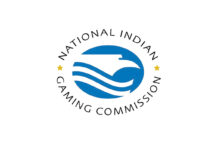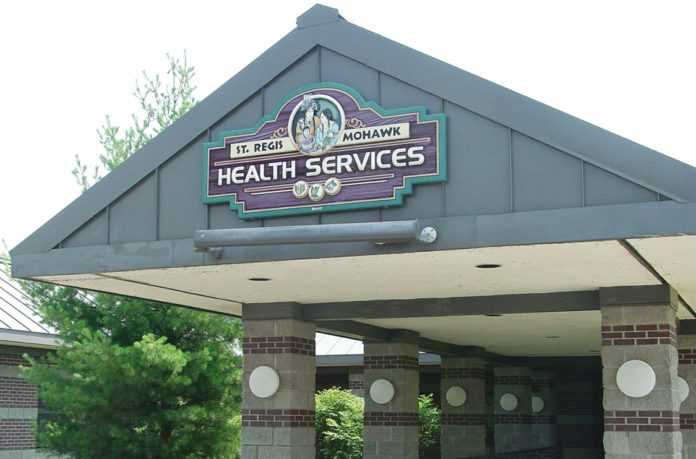AKWESASNE, NY – The Saint Regis Mohawk Tribe’s (SRMT) Mental Health Program was awarded two federal grants from Indian Health Services totaling $586,001 for each of the next five years to provide safer care for community members at risk of suicide. The SRMT Akwesasne Suicide Prevention, Intervention, and Postvention (SPIP) Program received annual funding in the amount of $348,511, while the SRMT Zero Suicide Initiative Project secured an annual grant for $237,490. Both grants amount to $2,930,005 for the next five years.
“Suicides and suicide attempts continue to have a serious and devastating impact on the community of Akwesasne,” said Christine Venery, SRMT Mental Health Director, in the SPIP grant proposal. “Akwesasne leaders recognized the urgency in dealing with this issue, as our community members are some of the most susceptible to suicide. As a result, they have tasked our behavioral health professionals to help address its contributing factors.”
Drug and alcohol addiction, as well as mental health disorders, bring about higher rates of suicidal behavior, family dysfunction, school dropout, unemployment, and criminal behavior. Since 2003, there have been 46 suicide attempts in Akwesasne, with four deaths in 2020 and 2021 alone due to opioid overdose. It’s an alarming crisis, as suicide has become the second leading cause of death for American Indians/Alaska Natives.
The COVID-19 Pandemic has been an added stressor on community members as the anxiety of becoming ill, the emotional cost of social distancing, and attending school or working remotely has increased social isolation and behavioral health disorders. It has contributed to increased depression and substance abuse and has also raised the risk of suicide attempts.
“I am pleased that the grant award will help the SPIP Program to enhance care coordination with community coalitions and established networks, expand our behavioral health and referral services, and continue to help us implement culturally appropriate approaches that encourage help-seeking behavior,” said Michael Cook, SRMT Health Services Director. “We have found that the incorporation of traditional practices – such as smudging, language, storytelling, and ceremonies – have helped emphasize that asking for help is a sign of strength.”
At the same time, the SRMT Zero Suicide Initiative Project will further support implementation of a comprehensive system-wide approach that is led by evidence-based research and findings. It provides a multi-level framework for the coordination of risk assessment, intervention, and monitoring within the tribe and, eventually, the community. It entails the establishment of a Zero Suicide Implementation Team to oversee implementation of the model’s seven elements: lead, train, identify, engage, treat, transition, and improve.
“I extend my congratulations and appreciation to the tribe’s mental health services team, grants and contracts, tribal leadership, and others who helped secure this much-needed funding to address suicides in the Akwesasne community, as losing just one community member has been one too many,” said Tsiorasa Barreiro, SRMT Executive Director.















































